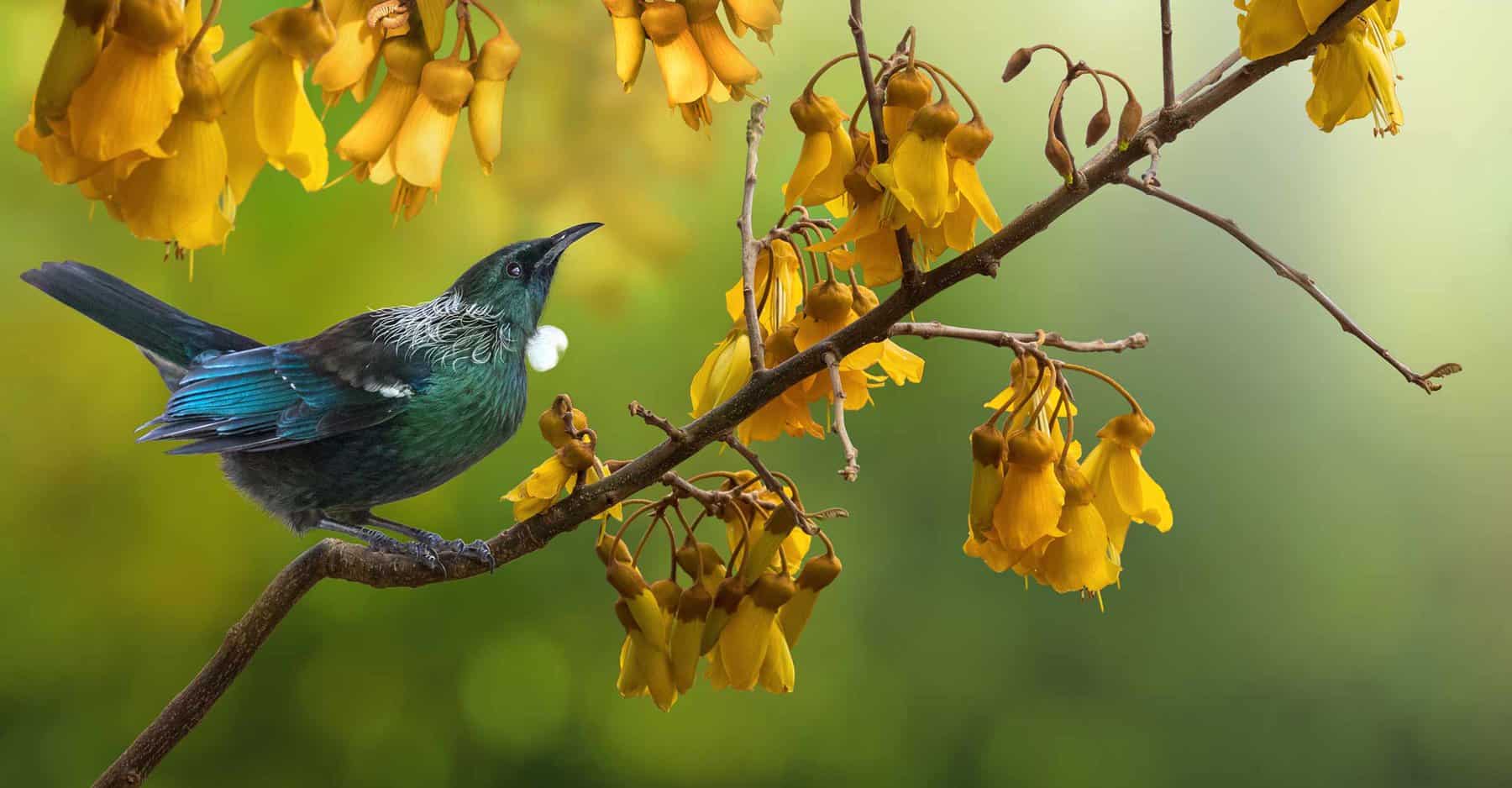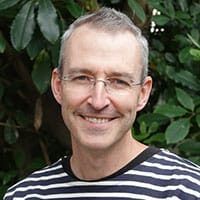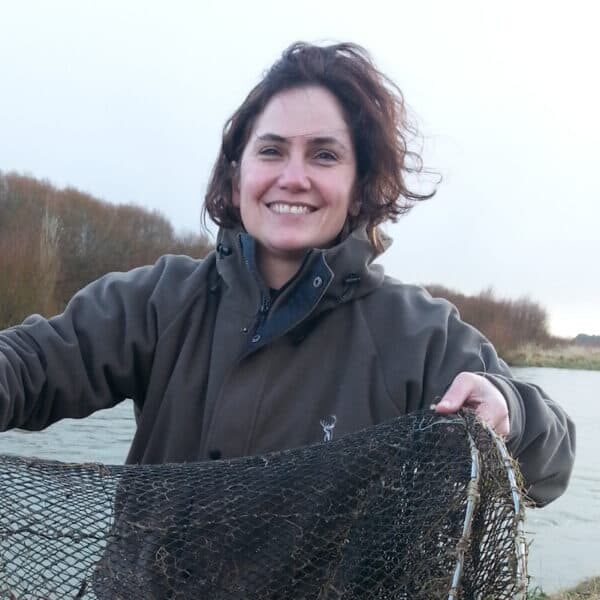Pike Stahlmann-Brown
Manaaki Whenua – Landcare Research
This research team aimed to empower New Zealanders to demand and enact environmental stewardship and kaitiakitanga (guardianship).
The inventory of research outputs and resources can be found here:

Pua te kōwhai ngawhā te kōrari
He tohu Kōanga
Tau mai e Tui ki tō kāpunipuni honihoni kohikohi
Hei oranga hei rongoa pania te kiri ki te kōwhai kura
Haurangi e Tui i te tākoha o te Atua
Rere atu hoki mai
Parea te ua ki te kōwhai kura
Ka whiti mai te rā e …
The blossoming kōwhai and the bursting flowers of the harakeke
Sure signs of Spring
As the Tui flock to the kōwhai, nibbling and collecting, partaking in the nectar
Obtaining sustenance and wellbeing as they brush against the precious kōwhai
Tui becomes satiated and intoxicated on this treasured offering of the Atua
Flying away and returning
The precious kōwhai warding off the rain
Giving way to the shining sun …
Unless New Zealanders are inspired to act and work together for a common goal, the response to our biological heritage crisis will be disjointed, ad-hoc, and potentially counter-productive.
Empowering New Zealanders to demand and enact environmental stewardship and kaitiakitanga requires understanding the underlying values and drivers that lead some people to actively protect our biological heritage. It also requires understanding feedbacks between people in the landscape – some of whom actively intervene on behalf of the environment – and the ecosystems in which they live.
Our research used two frameworks to obtain this understanding: one based on psychology, economics, and the ethics of human behaviour and one based on understanding complex social-ecological systems.
Words hold power. But when words mean different things to different people, messages and intent may be lost in translation.
In this research area, we worked to understand the vocabulary of environmental stewardship, including the common term ‘kaitiakitanga’. We were specifically focused on identifying language that empowered mana whenua to demand and enact environmental stewardship in their rohe.
Our research team also identified and measured the barriers that were preventing people undertaking action to protect our biological heritage. Specifically, we designed and conducted a nationally representative survey of requisite capabilities, opportunities, and motivations for undertaking action. Once the results of the survey were analysed through geospatial and ethnographic lenses, we explored the actions that could help bring down those barriers.
In addition, we explored the ‘levers’ which may be activated to reduce barriers to action in different social-ecological systems through place-based case studies.
Environmental stewardship is just one part of a much larger system of social-ecological interactions. Social-ecological system (SES) models can be used to help better understand complex, dynamic systems, but such models are exceedingly complex.
For example, each person thinks and acts differently when it comes to looking after te taiao depending on a range of external and internal factors. So how do we predict those actions on the environment and, ultimately, the effect they will have?
Our research team provided guidance for improving the application of the models to environmental decision making and governance while paying particular attention to the balance of disciplinary perspectives within the models. Doing this increased the practical application of SES models and provided a useful and informative way to understand and manage social, ecological, and social-ecological factors and processes that shape the adaptive capacity and outcomes of environmental stewardship.

Pike Stahlmann-Brown

Jane Kitson